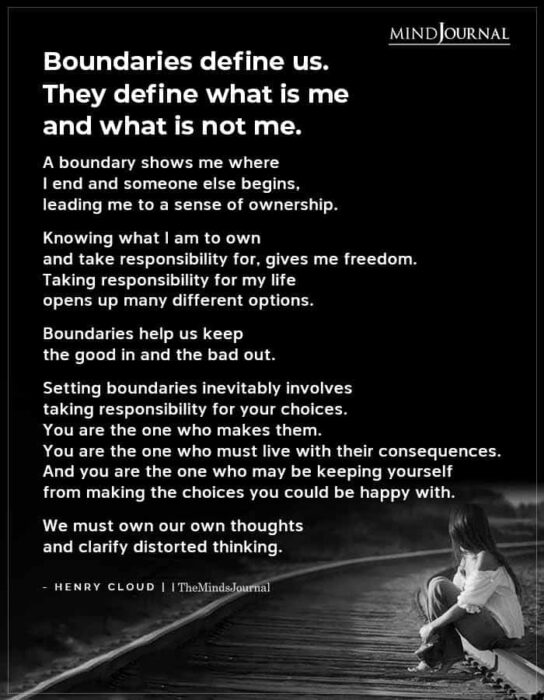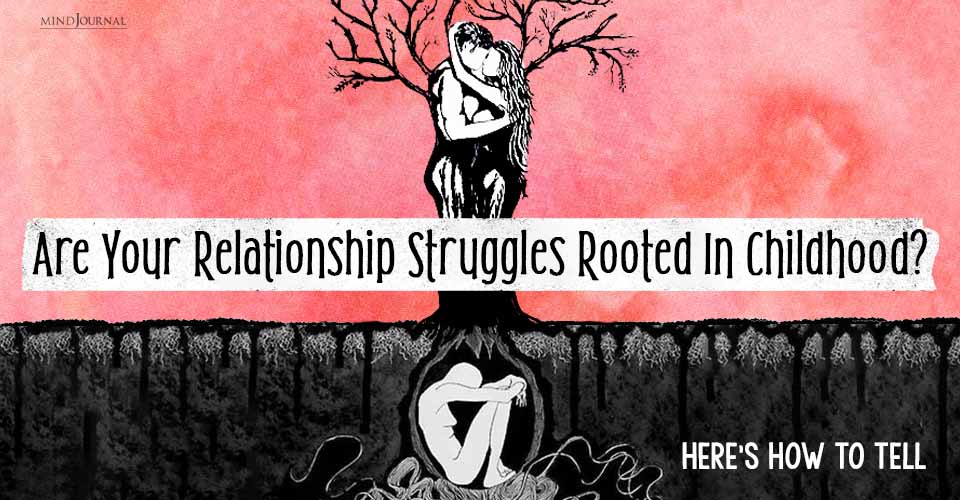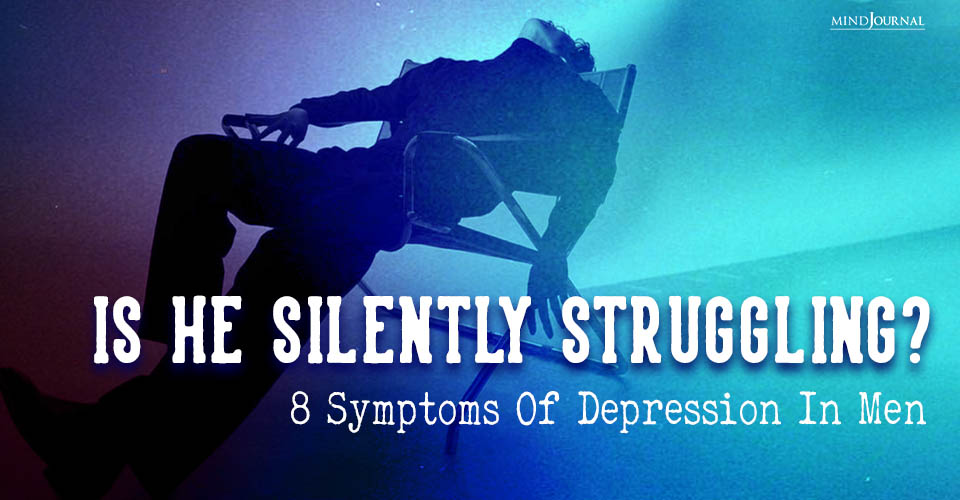Have you ever wondered if you are emotionally fit and ready to handle life’s challenges and curveballs? Being emotionally fit means having the resilience and mental strength to bounce back from obstacles. This article is going to talk about improving your emotional well being and emotional resilience.
On the surface, her level of self-care was an A+. She consistently implemented a solid bedtime routine, meal prepped for the week on Sundays, exercised regularly, and was reliable at work and in her partnership with her live-in boyfriend.
All the boxes were being checked, yet she still felt off and anxiety was taking up more space than she liked to admit, even to herself.
It was almost as if she was a ticking time bomb. Anger was typically an emotion that she could manage. Growing up, it was not something that was welcomed and was typically judged harshly. She learned at an early age to look at the bright side and view anger as a symbol of not having it all together.
Lately, though, she noticed that she escalated quickly when something, even minor, didn’t go her way. At work, she could manage to keep it together, but if her morning routine didn’t go as planned or the dogs’ paws were muddy after their brisk AM stroll before she left for the office, it would set her off.
She would feel angry and frustrated, and then the judgment would settle in, especially if her cool, calm, and collected partner just happened to be in the line of fire of these emotions.
Related: 6 Powerful Ways To Improve Your Emotional Health
Sure, she had it all together, if you were simply assessing how she physically transitioned throughout her day and the boxes she inevitably checked. The to-dos were being executed, but she was often confused as to why she didn’t seem to reap any of the benefits of her self-care efforts.
She was active, yes, but the connection with herself was fair at best. Her efforts were often multitasked, and it was rare for her to downshift and welcome a gear that wasn’t interlaced with urgency.
Are You Emotionally Fit?
The word ‘pause’ was introduced to her, and one part of her acknowledged it and seemed interested, but her anxiety wouldn’t dream of slowing down to engage in something that might throw her off or decrease her productivity.
She was already creating ample space for self-care practices. How could she create more? This is often the misconception when it comes to pausing and self-care.
It requires data collection and then discovering ways to implement strategies or boundaries that support what you’ve observed based on your needs.
The time it requires to connect with yourself and your current environment might seem overwhelming, uncomfortable, or daunting, but this is where so many of us are missing the boat.
Distracting and pacifying ourselves to fill the gaps or silences throughout the day are getting in the way of the very opportunities that might soothe and create peace.
Capitalizing on the numerous transitions throughout the day not only increases your ability to be present, it increases inner trust and, in turn, begins to soothe the parts of us that are fueled by anxiety, doubt, and urgency.

She longed for this type of shift to happen. One that would grant her the permission to experience and validate her anger, rather than experiencing it instantaneously and then trying to make her way out of the familiar judgment spiral as she made desperate attempts to keep her cool and focus at work.
Her goals were achievable; it just required her to soothe her perfectionist parts and start small. This was going to be a process. She was getting intrinsically in shape and needed to get a new set of reps in, emotional ones.
She began to view the numerous transitions in her day from various roles as opportunities to pause and collect her data. Sometimes she’d simply access her senses and notice where she was and how she felt.
Other times it was a check-in and time to identify what feelings she was experiencing. The most challenging part of this was to remove any judgment. This was merely an exercise to collect data and begin to identify any patterns.
Positive shifts were happening, and she began to sleep a bit better. It was almost as if she was clearing her clutter rather than just being at the mercy of her next ‘explosion.’
When anger did surface, as it does from time to time, she began to label it, use her ‘I’ statements, and understand that if she acknowledged and validated the feeling and discomfort, it would pass faster, and she found herself returning to a more desirable mindset.
Perfectionist tendencies were still battling for space, and anxiety was not going to give up without a fight. It was a start, though, and with time she began to welcome the silence rather than fear it.
Her ability to pause and just be was improving. She was building resilience and getting emotionally in shape.
These strategies can be beneficial for anyone looking to improve their emotional well being.
Here are some practical steps you can take to start your journey.
Related: 12 Ways to Build Emotional Resilience and Why
To-Do List for Improving Emotional Well being:
1. Incorporate Pauses
Schedule brief breaks throughout your day to check in with yourself. Use these pauses to breathe deeply, observe your surroundings, and assess your emotions.
2. Validate Your Emotions
When experiencing anger or anxiety, acknowledge and label your emotions without self-criticism. Express how you feel using ‘I’ statements (“I feel frustrated when__”).
3. Minimize Distractions and Multitasking
Reduce distractions by focusing on one task at a time. Refrain from multitasking to enhance concentration and reduce stress.
4. Engage Your Senses
Throughout the day, take moments to engage your senses. Notice the sights, sounds, smells, textures, and tastes around you. This can ground you in the present moment and increase mindfulness.
5. Create Boundaries
Establish clear boundaries to protect your emotional well being, such as setting limits on work hours or prioritizing time for self-care that genuinely meets your needs.

6. Celebrate Small Wins
Recognize and celebrate your progress, regardless of its size. Acknowledge the positive changes contributing to your overall well-being.
Incorporating these practices into your daily routine can significantly improve your emotional resilience and overall well-being. By pausing to connect with yourself, validating your emotions, and setting clear boundaries, you create a foundation for lasting inner peace.
Remember, it’s not about perfection, but progress. Each small step you take towards mindfulness and self-awareness is a victory in itself.
Embrace these strategies and allow yourself the grace to grow and adapt. Over time, you’ll find that the moments of anxiety and frustration become less overwhelming, and your ability to navigate life’s challenges with calm and confidence will increase.
Related: 6 Ways To Build Emotional Resilience
The journey towards emotional well being is ongoing, but with these tools at your disposal, you’re well on your way to a more balanced and fulfilling life.
Written By Leah Marone
Originally Appeared On Psychology Today















Leave a Reply
You must be logged in to post a comment.